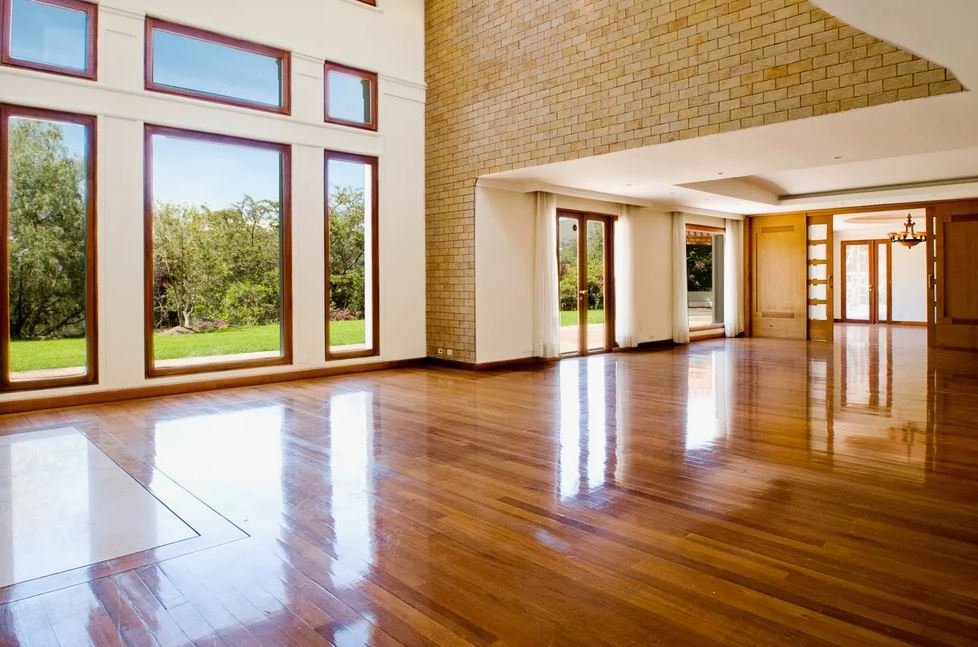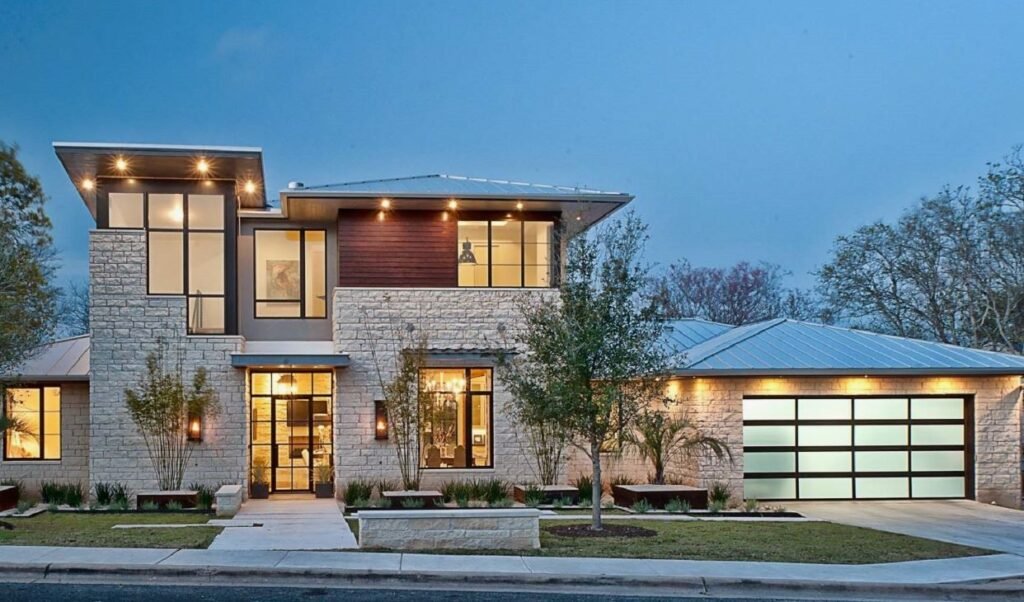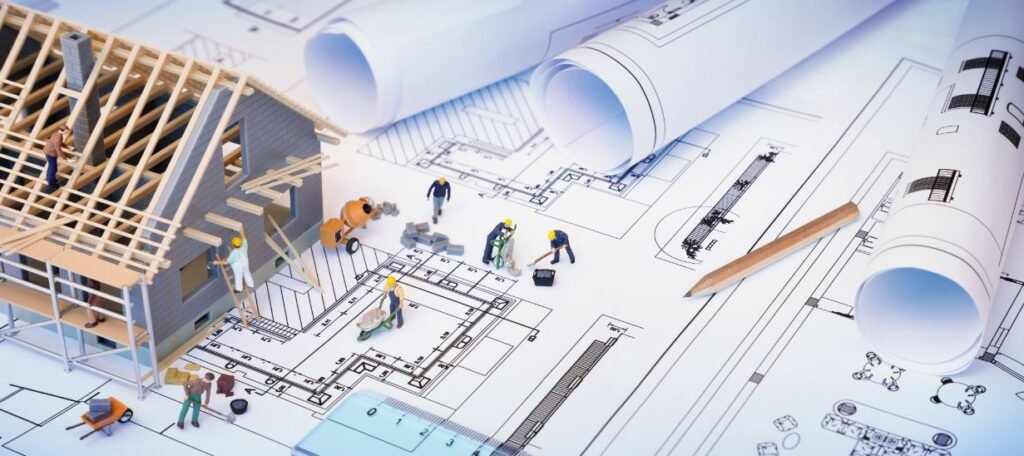When building a custom home in Vancouver, every decision you make shapes the overall appearance, durability, and functionality of your property. One of the most critical aspects of your home is the roof. A roof is more than just a protective covering; it influences your home’s energy efficiency, resale value, and even its visual appeal. With Vancouver’s unique weather conditions, selecting the perfect roof is essential for long-term comfort and protection.
In this blog, we will cover three crucial tips for choosing the right roof for your custom home in Vancouver, taking into account materials, design, and the importance of hiring professionals to ensure quality installation.
Tip 1: Choose the Right Roofing Material for Vancouver’s Climate
The climate in Vancouver is characterized by heavy rainfall, wind, and occasional snowfall. This means the roofing material you choose must be durable, weather-resistant, and capable of handling the region’s wet conditions. Selecting the wrong material can lead to premature wear, leaks, and costly repairs.
Popular Roofing Materials for Vancouver:
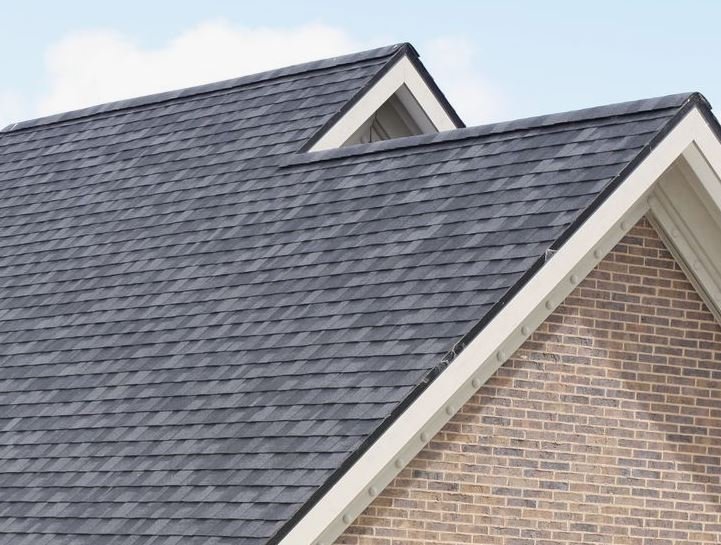
1. Asphalt Shingles
Asphalt shingles are one of the most common roofing materials due to their affordability, ease of installation, and wide range of styles. Modern asphalt shingles are designed to withstand rain and snow, making them a good choice for Vancouver’s climate.
- Pros: Affordable, durable, and available in many colors and styles.
- Cons: Lifespan is shorter (around 15-20 years) compared to more premium materials.
2. Metal Roofing
Metal roofs are becoming increasingly popular for custom homes in Vancouver. They are highly durable and can last up to 50 years or more. Metal roofs are also resistant to rain, snow, and wind, making them an excellent choice for the wet and windy climate of the Pacific Northwest.
- Pros: Long-lasting, energy-efficient, and resistant to moisture.
- Cons: Higher upfront cost compared to asphalt shingles.
3. Slate and Tile Roofing
Slate and tile roofing options are among the most durable choices, offering a lifespan of 50-100 years. These materials are naturally resistant to fire, rot, and insects, making them ideal for long-term protection. However, their weight may require additional structural support.
- Pros: Extremely durable, aesthetically appealing, and low maintenance.
- Cons: Expensive and heavier, requiring reinforced structures.
Considering Sustainability
In addition to durability, Vancouver homeowners are increasingly considering eco-friendly roofing options. Materials like metal and slate are sustainable because of their longevity, reducing the need for frequent replacements. Additionally, some roofing materials are made from recycled products, which help reduce environmental impact.
When to Call a Professional:
Consulting a roofing expert in Vancouver can help you determine which material is best for your home’s design and the local climate. They can also evaluate your home’s structure to ensure it can support the roofing material you choose, particularly if you opt for heavy materials like tile or slate.
Tip 2: Focus on Energy Efficiency
With energy costs rising and a growing emphasis on sustainability, energy efficiency is a critical factor when selecting a roof for your custom home. The right roofing material can help regulate your home’s temperature, leading to lower heating and cooling bills and a reduced environmental footprint.
Energy-Efficient Roofing Options:
1. Cool Roofing Materials
Cool roofs are designed to reflect more sunlight and absorb less heat than traditional roofs. They are typically made from reflective materials such as light-colored metal, tile, or specially designed shingles. These roofs are ideal for homes exposed to significant sunlight, as they help keep the interior cooler and reduce the need for air conditioning.
2. Metal Roofing
Metal roofs are not only durable but also excellent at reflecting heat, making them energy-efficient in hot weather. They can be coated with reflective finishes to further enhance their cooling properties. Metal roofs also work well in colder climates like Vancouver, as they shed snow easily, reducing the strain on your home during heavy snowfall.
3. Insulated Roofing Systems
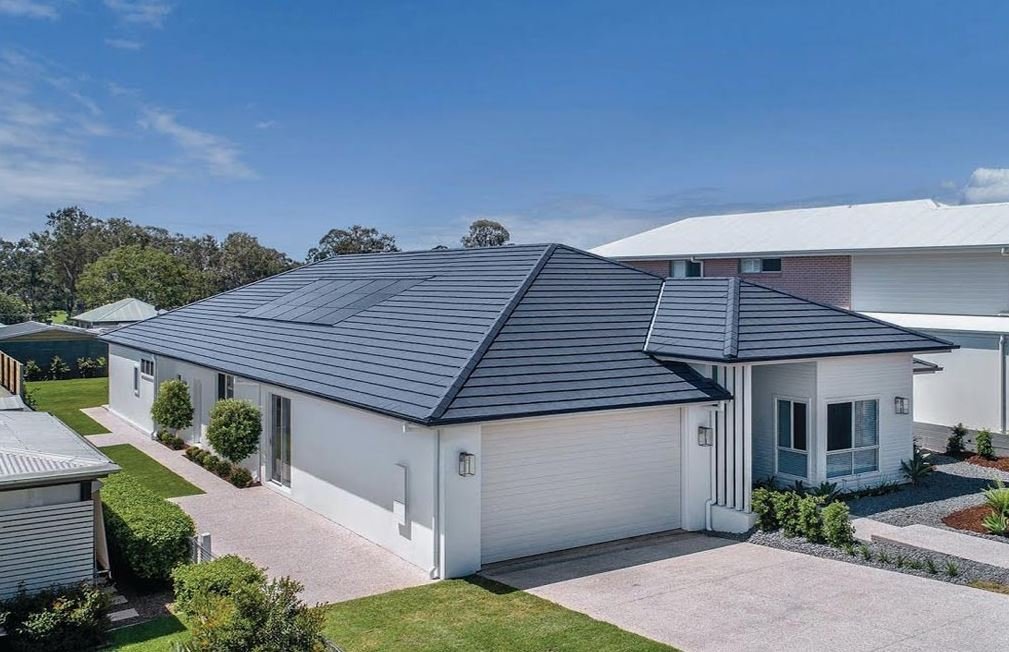
Incorporating proper insulation into your roofing system is essential for energy efficiency. Roofing insulation helps prevent heat from escaping during the winter and blocks excessive heat from entering during the summer. This can help maintain comfortable indoor temperatures year-round and reduce energy usage.
When to Call a Professional:
A professional roofing contractor with experience in energy-efficient roofing can assess your home’s specific needs and recommend the best options. They can ensure that your roof is properly insulated and that any reflective coatings are applied correctly to maximize energy savings.
Tip 3: Select a Roof Design That Complements Your Custom Home’s Architecture
The aesthetics of your roof are just as important as its function. The design you choose can enhance your home’s curb appeal and complement the architectural style of your custom build. Vancouver’s diverse home styles—from modern minimalist to classic Craftsman—mean that you have many design options to consider when selecting a roof.
Factors to Consider for Roof Design:
1. Roof Pitch
The pitch (or slope) of your roof can greatly affect the overall look of your home and its ability to withstand Vancouver’s wet climate. Steeper roof pitches are better at shedding rainwater and snow, which is especially beneficial in Vancouver. However, flat or low-pitched roofs can offer a sleek, modern look for contemporary homes.
- High-Pitched Roofs: Ideal for traditional or Craftsman-style homes and provide better water runoff.
- Low-Pitched or Flat Roofs: Great for modern, minimalist designs, but require specialized waterproofing to handle rain.
2. Roofing Colors and Materials
The color of your roof can influence both the aesthetic appeal of your home and its energy efficiency. Lighter colors reflect heat, while darker colors absorb it. Metal, tile, and slate offer a variety of colors that can match any architectural style, making it easier to find a material that enhances the overall look of your home.
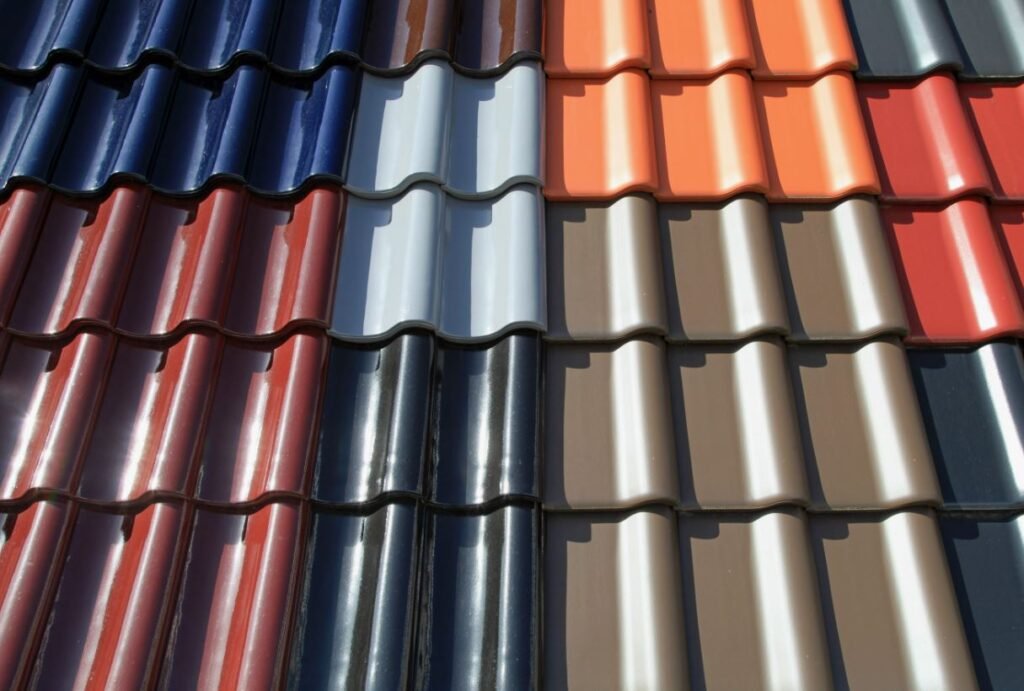
3. Architectural Style
When selecting a roof, consider how the material and design will blend with your home’s architectural style. For example:
- Traditional Homes: Asphalt shingles or slate tiles typically complement traditional homes.
- Modern Homes: Metal roofs or flat roofs with green roofing elements can create a contemporary look.
- Craftsman Homes: Wooden shingles or shakes, though less common, can add an earthy and classic feel to Craftsman-style homes.
When to Call a Professional:
Designing a roof that complements your home’s architecture while ensuring durability and energy efficiency requires expertise. A professional roofing contractor or architect can help you choose a design that aligns with your vision and fits within the structural and environmental demands of Vancouver’s climate.
Creating the Perfect Roof for Your Vancouver Custom Home
Choosing the perfect roof for your Vancouver custom home involves careful consideration of materials, energy efficiency, and design. By selecting the right roofing material for Vancouver’s climate, focusing on energy-efficient options, and designing a roof that complements your home’s architecture, you can ensure long-term comfort, durability, and curb appeal.
It’s important to involve a professional at key stages of the roofing process. From evaluating your home’s structure for heavy materials to recommending the best energy-efficient options, a qualified roofing contractor can guide you through making the best decisions for your custom home.
With the right planning and expert advice, your roof will not only protect your home but also enhance its value, beauty, and sustainability for years to come.

